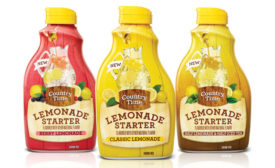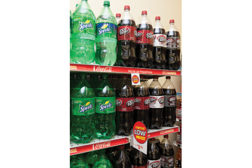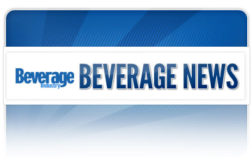Home » Keywords: » brand awareness
Items Tagged with 'brand awareness'
ARTICLES
Steps taken with artificial intelligence will streamline operations
Read More
Beverage brands secure loyalty throughout generations
The Coca-Cola Co. campaigns with 100th anniversary of Contoured Bottle
June 15, 2015
New products, package sizes complicate category management
Retailers use cross-promotions to accommodate unique product options
May 12, 2015
Discount retailers expand consumables strategy to entice repeat purchases
Channel beverage sales grow 8 percent
May 12, 2014
Can private label retain its recessionary gains?
Retailers must stay relevant with value-conscious consumers
June 20, 2011
Elevate your expertise in the beverage marketplace with unparalleled insights and connections.
Join thousands of beverage professionals today. Shouldn’t you know what they know?
JOIN NOW!Copyright ©2025. All Rights Reserved BNP Media.
Design, CMS, Hosting & Web Development :: ePublishing








